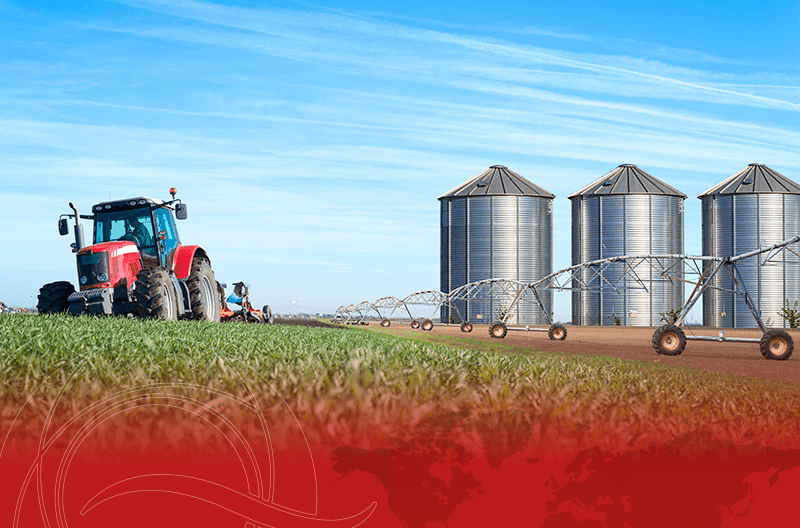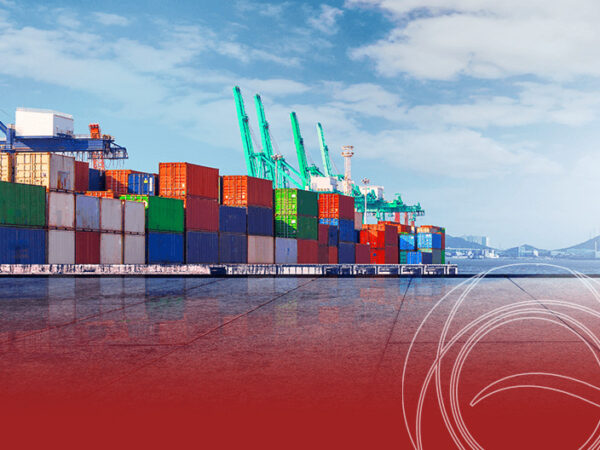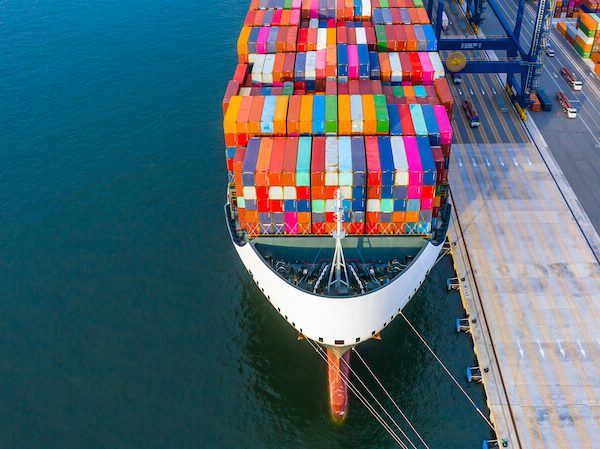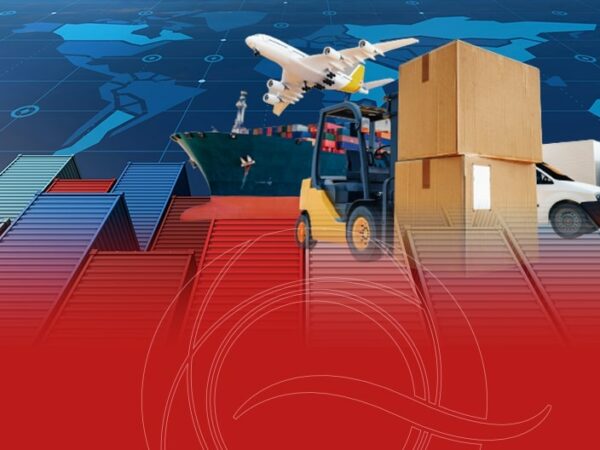
Brazil is one of the largest agricultural producers, being the third largest exporter of this area in the world. Logistics in this sector is consolidating itself as a competitive differentiator, as it helps managers and entrepreneurs to promote continuous improvements in the production chain, allowing businesses to gain a prominent place in the face of competition.
Even so, there are still some logistical challenges in this area that impede further development. With the objective of integrating actions, reducing expenses and increasing productivity, companies increasingly need a strategic look.
But after all, what are these challenges and how is the importance of logistics in this sector? Understand all this now!
Logistics in agribusiness is divided into three stages: supply logistics, production support and distribution. Each of these stages suffers from difficulties with high prices, long distances, crop losses and the lack of good infrastructure in highways and ports.
The supply logistics process aims to reduce the costs of transporting raw materials and finished products to the production chain. Even so, due to the high dependence on road transport, many agricultural inputs have a high transport cost, which sometimes ends up generating more expenses than the purchase of the input itself.
Distribution logistics aim to ensure that products receive care according to their specificity and are carried out respecting agreed delivery times without any loss of quality. Despite this, as it is a work with perishable products, and careful attention must be given after harvesting, the inputs need an adequate treatment in relation to temperature, humidity and space. This condition ends up colliding with long transport distances, which often leads to crop losses and even more expenses.
The third stage of the process suffers from similar problems. The logistics of supporting production in agribusiness is faced with a dilemma: the attempt to seek only the necessary volume of inputs. Considering that the excess of inputs generates waste and the lack of them prevents the closing of many businesses, this is a difficult process. Even more so with the lack of infrastructure in ports and highways, which makes activities inside the warehouse difficult.
Finally, it is understood that to improve this scenario, agribusiness logistics must act strategically at all stages of the process. Harvesting can be better planned through an efficient and effective management of tasks, knowing the ideal time of harvest and also where to start the work and which route should be taken. In addition, it is possible to monitor the harvest, measuring the parameters predefined by the producer, who monitors the quality and evolution of each stage, identifying if the operations are offering good results and reducing losses during the harvest. In relation to storage, there are inventory control systems that favor strategic management, allowing the entrepreneur to have knowledge about storage and the availability of essential inputs for his business.




